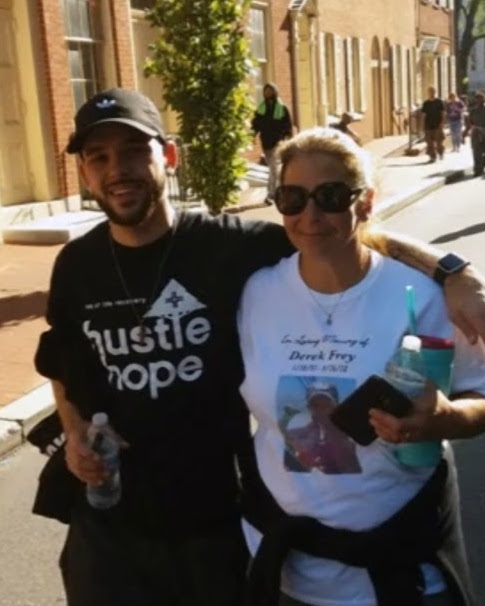
<p>
Meghan Ralston 323-681-5224 or Eliza Wheeler 617-271-7371</p>
LOS ANGELES—A new report released today in the CDC's Morbidity and Mortality Weekly Report shows that more than 10,000 drug overdoses have been successfully reversed by the generic drug naloxone. The report, “Community-Based Opioid Overdose Prevention Programs Providing Naloxone,” indicates that over a period of fifteen years, just under 200 programs across the country have prevented thousands of deaths.
“It’s extremely gratifying to see the CDC reporting what so many of us have known for so long—community-based naloxone distribution works and saves lives,” said Drug Policy Alliance Harm Reduction Coordinator Meghan Ralston.
Naloxone hydrochloride is a generic drug (sometimes called Narcan) that helps to reverse opioid overdose when administered via injection or intranasally. Community-based programs have helped make this rescue medicine, once used only in emergency rooms and ambulances, more widely available to people at risk of overdose. It has been approved by the FDA since the early 1970s.
"Thousands of fatal overdoses occur every year, but this report shows that we can reduce overdose deaths by giving members of the community the right information, training, and tools," said Eliza Wheeler, report author and program manager at the Harm Reduction Coalition (HRC), which runs overdose prevention programs in New York City and San Francisco. HRC led the research effort and coordinated the participation of overdose programs across the country.
Advocates all across the country today are encouraging legislators and local officials to help increase access to naloxone at the community level by making it easier for physicians to prescribe it and to expand funding for overdose prevention programs.
To read full report: http://www.cdc.gov/mmwr/pdf/wk/mm6106.pdf


Notifications